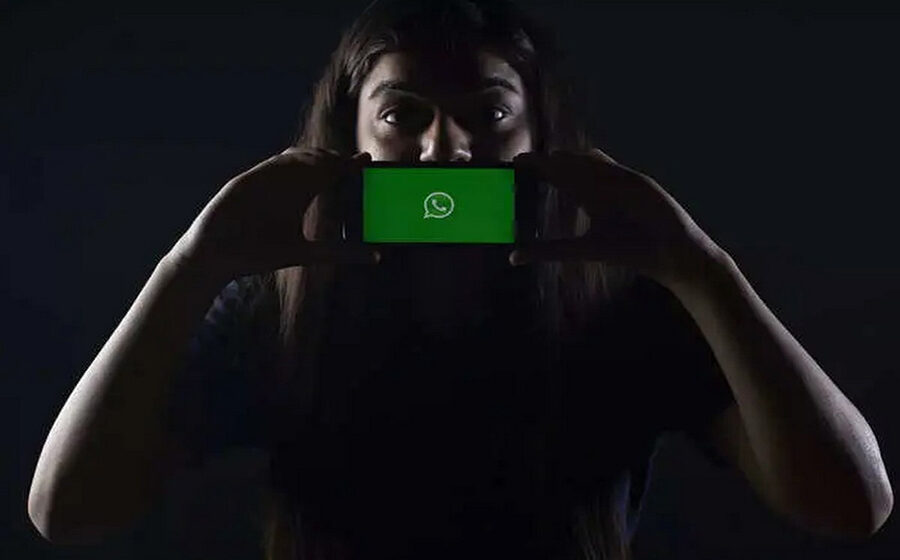Recent concerns have surfaced regarding WhatsApp’s potential intrusion into private conversations. Fod Dabiri, Twitter’s director of engineering, raised alarm after discovering that WhatsApp had seemingly accessed his phone’s microphone while he was asleep. Elon Musk echoed this sentiment, publicly stating, “WhatsApp cannot be trusted.”
Government Response and WhatsApp’s Explanation
In response to the controversy, Rajeev Chandrasekhar, Minister of State for Electronics and Information Technology, declared that the government would probe any potential privacy breaches by WhatsApp. However, WhatsApp has attributed the issue to an Android bug, which causes inaccurate information to appear on privacy dashboards. The messaging platform reaffirmed that all messages and calls are end-to-end encrypted, guaranteeing privacy.
“We believe this is a bug on Android that mis-attributes information in their Privacy Dashboard and have asked Google to investigate and remediate,” stated WhatsApp. The company clarified that it accesses the microphone solely during calls or voice recordings, and these interactions are protected by encryption.
Lessons from Past Incidents
Instances of smart speakers eavesdropping on private discussions have been documented in the past. Whistleblowers from Apple and Amazon disclosed that Siri and Alexa had intercepted personal conversations, including sensitive topics like drug deals and intimate moments. Bloomberg’s investigation revealed that Amazon employs teams worldwide to analyze audio recordings from Echo devices, enhancing Alexa’s performance.
Protecting Your Privacy
To safeguard against potential privacy breaches, users can take proactive measures:
On iPhone:
- Navigate to Settings > Siri & Search and disable features like ‘Hey Siri’ and Siri activation from the side button.
- Optionally, turn off Siri entirely.
On Android:
- Access Settings > Google > Account Services > Search, Assistant & Voice > Voice.
- Disable the ‘Hey Google’ option in Voice Match settings.
Conclusion
While concerns about WhatsApp’s alleged eavesdropping persist, users can exercise control over their device’s microphone access. By staying vigilant and managing app permissions, individuals can mitigate potential privacy risks and maintain control over their personal data.



Leave a Reply